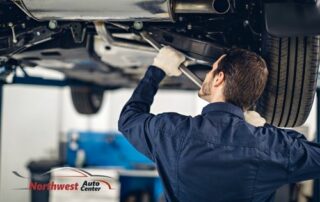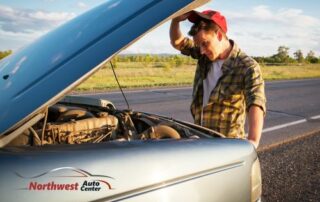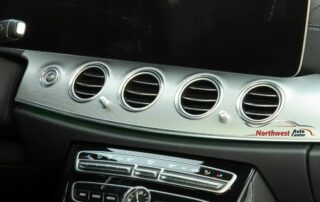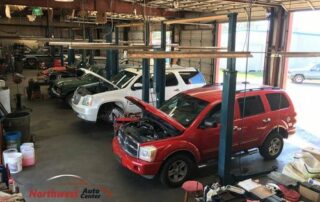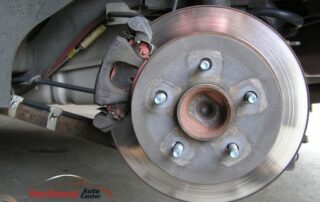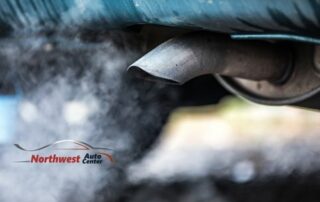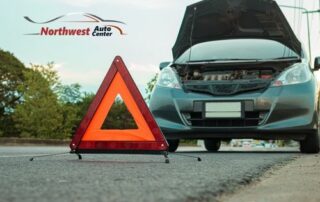Signs to Watch for in Older Vehicles
Older vehicles can cost more in maintenance than newer vehicles, though it doesn't mean that they have to be junked due to age. Many makes and models can be reliable for hundreds of thousands of miles. If you want to purchase a cheaper used car that's 10+ years old or you can't stand the thought of parting with the ride that got you through college, you'll want a trusted mechanic for any problems that crop up. Pros and Cons of Driving Older Vehicles The number one reason drivers generally want to purchase an older vehicle is the significantly reduced price. Of course, there are also classic cars that are worth more as they age but this is the exception. There is less depreciation on an older car, which is a huge advantage when it comes to maintaining the vehicle for years to come. Other benefits of purchasing and owning older vehicles include: Lower insurance premiums Fewer add-on fees Affordable option for teen drivers These older vehicles, while budget-friendly, also [...]


